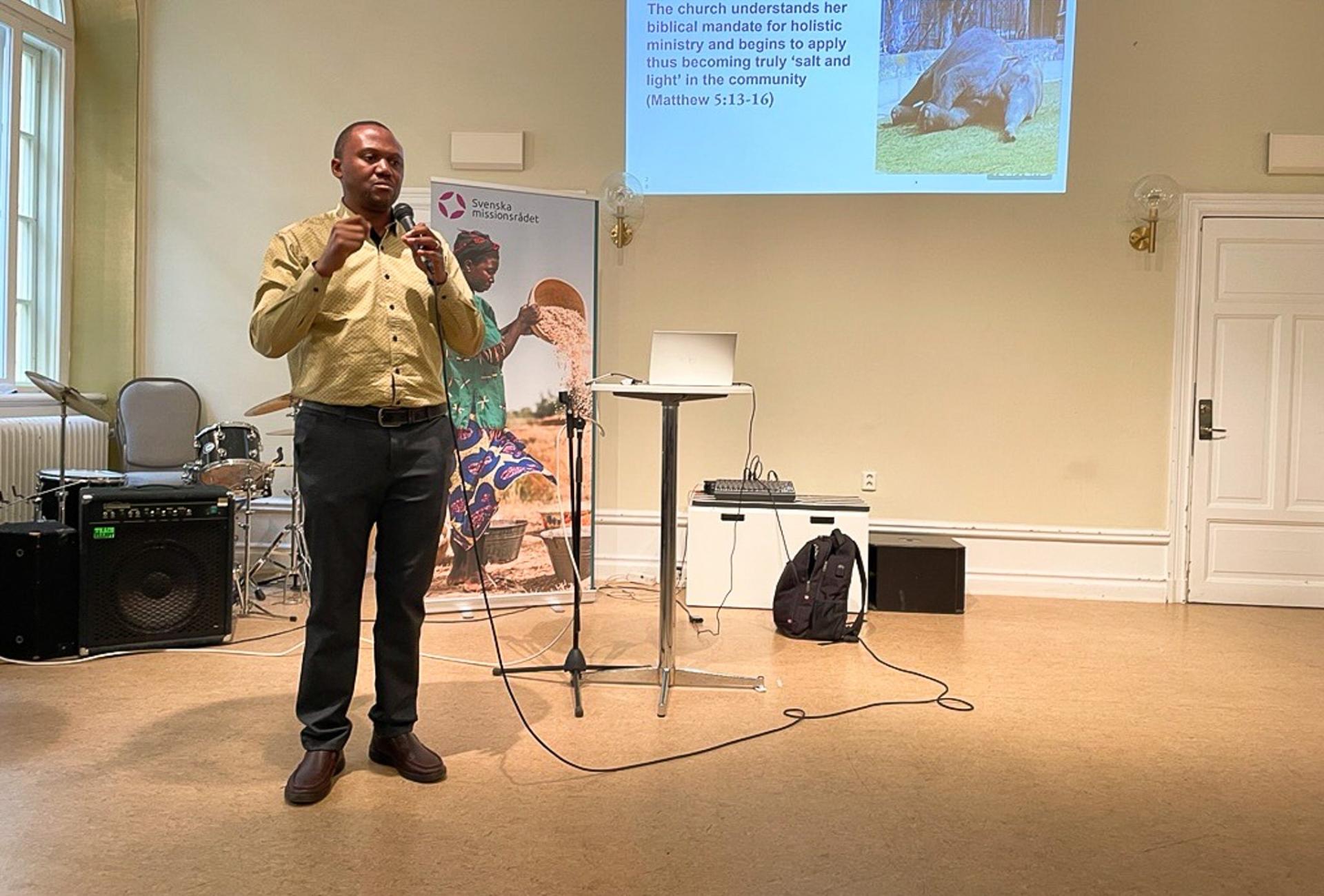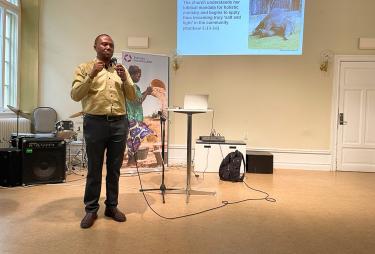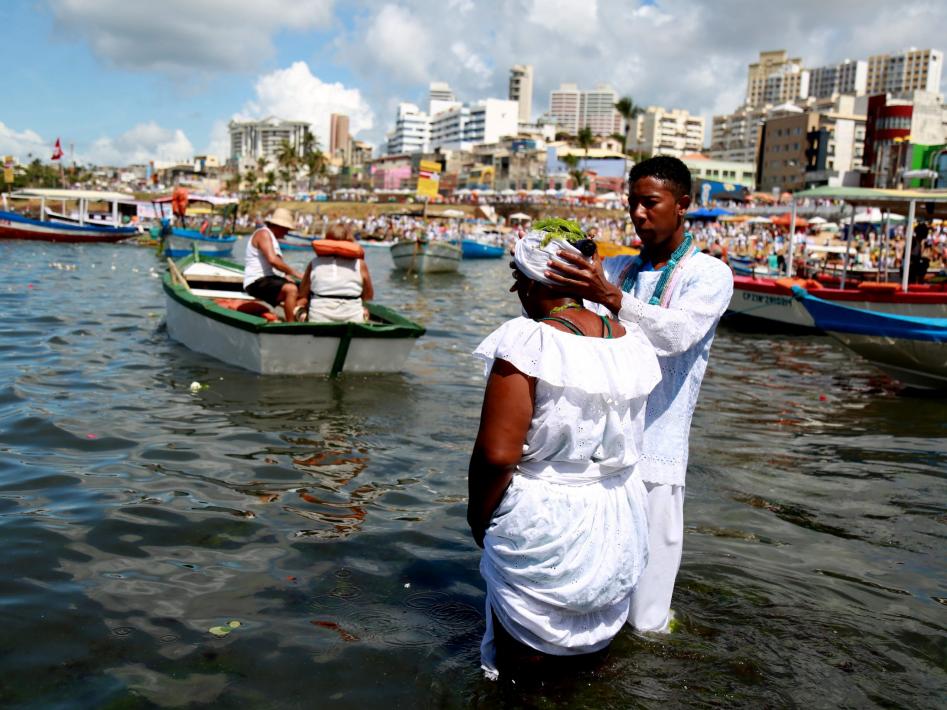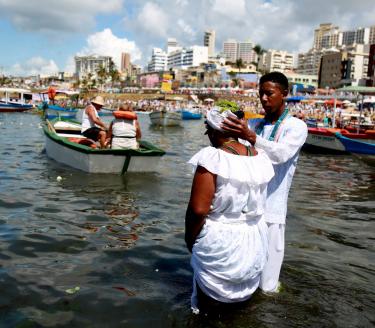A Day to Discover Local Transformative Power


Holistic mission was in focus as SMC invited participants to a conversation on church-based community transformation, featuring Tearfund’s model for Church and Community Transformation (CCT).
— The Swedish Alliance Mission, which has been working with Tearfund’s concept, wanted to give others in the network the opportunity to explore this exciting approach—an approach that is both highly relevant in today’s context of shrinking government funding and significant in its own right, says Petter Jakobsson, Mission Theology Advisor at SMC.
SMC serves as a platform for mission from a holistic—or integral mission—perspective. In that light, the Church and Community Transformation (CCT) or Church and Community Mobilisation Process fits seamlessly. The concept centres around mobilising the resources and capacities found in the local church and its surrounding community. It begins with a solid foundation in Bible study and intentional conversations around ownership, mandate, and recognising local potential. This enables local congregations to identify and implement the changes they see as necessary in their own context.
— Poverty is complex, but the process helps us understand how it actually works, says Martin Uswege. “Fimbo ya mbali haiwezi kuua nyoka”—a stick from afar can’t kill a snake. It’s about coming close to the problem; that’s how we find the solutions.
— What we fund in this work is not wells or project activities—it’s simply the CCT process. The rest follows as a consequence over time, says Lars-Åke Winberg, who has been engaged in the work for several years.
The Swedish Alliance Mission collaborates with partner churches in southern and eastern Africa. Martin Uswege (Tanzania), who coordinates Tearfund’s CCT process in the region, participated in the event together with Stephen German (UK).
— The goal of the day was to highlight practical methodology, strengthen localisation, and promote a holistic view of our mission. In addition to the seminar day in Stockholm, Martin and Stephen also participated in Pentecostal Mission’s conference Sänd in Linköping, visited the Academy for Leadership and Theology in Örebro, and met with PMU, as well as several Swedish congregations and denominations, says Petter Jakobsson.
Lars-Åke Winberg emphasises that the method is a long-term process.
— Some try it for a few months and then say, “No, this doesn’t seem to work.” But meaningful transformation takes at least two to five years, sometimes longer—and when it does happen, it’s sustainable change.


Freedom of Religion or Belief
What is freedom of religion or belief?
Freedom of religion or belief is a human right that gives every person the right to have, to change, or to leave his or her religion or belief. We are experts on this freedom and offer both international educations within our network and online resources to anyone who wishes to learn more.

